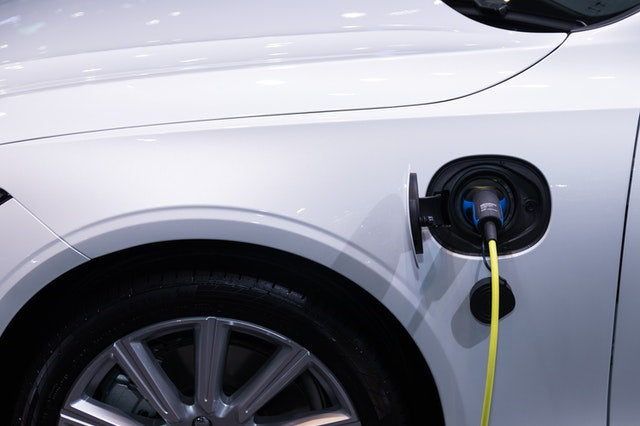Industry in Focus: Electric Vehicle Manufacturing

With the ambitious UK government target of cutting CO2 emissions by 68 per cent by 2030 in line with a wider goal of a climate-neutral Europe by 2050, the electric car industry is set to play an increasingly pivotal role in reducing our sizeable carbon footprint.
The electric vehicle market is projected to reach almost 27 million units by 2030, which is a considerable amount given that there was only around 3 million produced in 2019.
Much of this has been helped with government encouragement of reducing diesel and petrol cars on our roads, with added incentives for buying an electric car such as grants and tax rebates pushing the electric car closer into view when it comes to ‘next car’ purchases.
Popularity surge
Early concerns over electric car production – such as the availability of charge points and reservations about vehicle range per charge – have been alleviated by improvements to battery power. Some manufacturers of electric cars have also begun to offer home charge installation with each purchase.
Added convenience and more affordable options on the market have turned the electric car into a more enticing prospect than ever before – something fuelled even further by a growing public desire to halt damage to our environment.
Significant investment and safety considerations
Plans to build a ‘gigafactory’ near Coventry Airport highlight the growing interest of manufacturing industries to jump on board the electric car gravy train.
The creation of thousands of jobs in the electric vehicle manufacturing sector will likely see the need for increased use of workwear protection to guard against the safety implications of working with battery products.
This could see widespread use of PPE designed with the automotive industry in mind. Wearwell stocks a comprehensive range of workwear and boilersuits to maximise movement and comfort, as well as creating a protective barrier meeting British and European safety standards.
Challenges still to come
While much of the news looks bright for electric car manufacturing, there are still issues to navigate in the form of approvals required to install charging stations on private property, alongside the challenges facing utility providers when considering the large-scale energy transfer required.
The fact also remains that while there are more affordable electric car options out there, they can be more costly to own in comparison to petrol and diesel cars. This however is something which should change over time when battery prices and R&D costs level off.
That said, there does appear to more going for electric cars than against at this stage and it seems to be a nationwide investment that will pay off in the long run.
-
Posted in
British manufacturing, health and safety, industry focus, PPE, workwear





